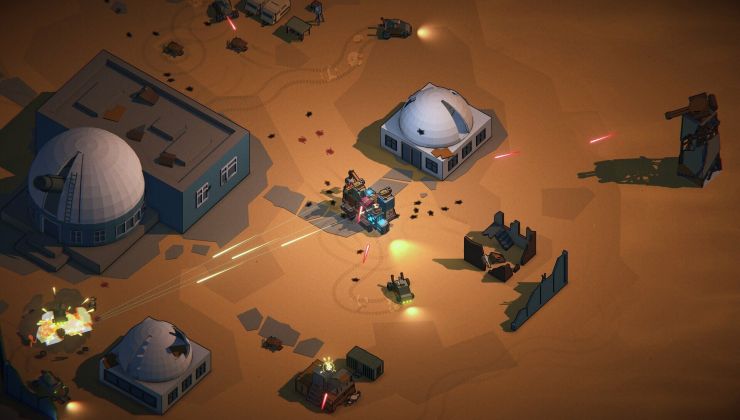There's been a bit of a furore in the emulation community lately centred around the PlayStation 1 emulator DuckStation, which has now seen two license changes recently. As far as I'm aware, DuckStation is the most popular emulator for Sony's classic PS1 console, due to it being fast and accurate.
Up until recently it was open source under the GPL, then on September 1st it changed over to the PolyForm Strict License, and then again on September 13th it was changed over to the CC-BY-NC-ND license. This places a number of restrictions on the project like no commercial use and no derivatives allowed. That means, according to the creator, that no one else is allowed to package it up either as their change mentioned "Packaging is still **not** permitted, since it is effectively a modified/derived work".
Replying to a user unhappy about it on the GitHub, the creator said this:
I am well aware of how licenses work. That's why I changed, to make it very clear and a deterrent due to certain parties violating the old license, by not attributing and stripping my copyright. Packagers being collateral damage was a beneficial side-effect, considering they don't clearly mark their versions as modified (also a GPL requirement), break functionality, and expect upstream to provide support.
I have the approval of prior contributors, and if I did somehow miss you, then please advise me so I can rewrite that code. I didn't spend several weekends rewriting various parts for no reason. I do not have, nor want a CLA, because I do not agree with taking away contributor's copyright.
Also, I don't appreciate the threats. If you are not a copyright holder, then you are not in a position to make any demands. I find it especially ironic, considering when the GPL was actually violated on multiple occasions, even as recently as a few months ago, nobody ever takes issue with that.
I've restricted the repository to prior contributors, and if they have any concerns, they are more than welcome to do so here. If this turns into harassment, then I'll just shut the whole thing down, because I'm way too busy with my actual job to be dealing with unsubstantiated drama from a hobby that is supposed to be fun. Please consider how the community would benefit from that.
With that in mind, this means DuckStation as of the latest changes is no longer open source. You could say it's "source available", or whatever your chosen way is to describe code you can view but has restrictions on it.
The GPL is a very flawed license when it comes to allowing a developer to have absolute control over him/her project. For some projects its fine, but for others it's a total headache.So, first, it's hardly surprising that the GPL is flawed when it comes to allowing a developer to have absolute control over a project, because it was designed precisely to stop developers (and companies) from having absolute control over projects. The point of the GPL is for users to have modification rights, much the way recipe users have modification rights over recipes. Lots of people use Free Software today because they like the way it can be developed collaboratively, with lots of people contributing to some central repository that is somewhat controlled by someone, but that was not the point.
This is why many developers in the past have used BSDL, MIT, and other more restricive licenses to maintain control and prevent unauthorized forking.
Second, the BSD and MIT licenses are not more restrictive--to the contrary, they are more permissive. They do, particularly the BSD licenses, make it easier to fork a project to a different, more restrictive one . . . but the original code in the permissive license would remain.
However, keep in mind that you probably will not get rich off of them, because under the gnu gpl, anyone can freely copy, use, or download your stuff, and you will have no legal recourse provided they also follow the terms of the license.




 How to set, change and reset your SteamOS / Steam Deck desktop sudo password
How to set, change and reset your SteamOS / Steam Deck desktop sudo password How to set up Decky Loader on Steam Deck / SteamOS for easy plugins
How to set up Decky Loader on Steam Deck / SteamOS for easy plugins
See more from me